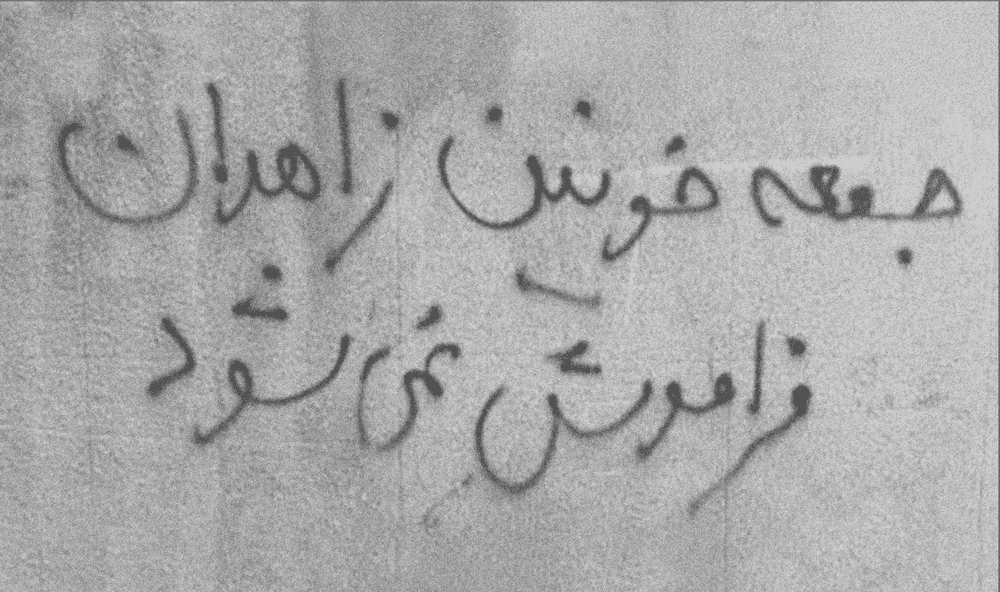By: A group of Iranian civil and human rights activists
To Mr. Peter Maurer, President of the International Committee of the Red Cross (ICRC), and Mr. Francesco Rocca the President of the International Federation of Red Cross and Red Crescent Societies (IFRC)
The recent nationwide protests in Iran, which began on 16 September 2022 in response to the murder of Mahsa Amini, a 22-year-old Iranian girl, and its dimensions quickly expanded to serious and fundamental opposition to the Islamic Republic's system, are still ongoing. In the face of these nationwide protests, the regime of the Islamic Republic has, as usual, violently suppressed the protesters by using its police and security forces, as a result of which, according to the report of the Iran's Human Rights Organization, more than 201 civilians have been killed and thousands seriously injured and thousands of protesters are arrested.
According to Amnesty International, 23 children are among the dead. However, the extent of repression and the intensity of violence used by the security and police forces is much greater in some areas, including Kurdistan and Baluchestan provinces, and it is not limited to the protesters in the streets. Independent and first-hand reports in Sanandaj indicate that after injuring a large number of protesters, the security and police forces refused to treat them and did not allow them to use their right to access treatment and medical services.
In this context, according to reports, many doctors in Sanandaj have been threatened by intelligence and security agencies that if they provide medical services to injured protesters and treat them, they will face security and judicial action and their medical license will be revoked. According to the testimony of the medical staff in hospitals in Kurdistan province, also, especially Sanandaj city, security and intelligence forces are looking for injured protesters in hospitals and after finding them, they stop the treatment process and arrest them. In addition, the medical staff, including nurses and doctors, were strongly pressured by the intelligence agencies to reveal the information and names of the injured protesters. For example, at least three injured protestors were abducted by the security forces from Be'sat Hospital in Sanandaj on the evening of Sunday, October 17, and were transferred to an unknown place.
Reports show that intelligence and security agencies have also threatened pharmacy officials in Sanandaj and prohibited them from selling bandage equipment. There are even reports that plain cloth security agents have been stationed in pharmacies and after the purchase of bandage equipment by citizens, they have pursued the buyer with the aim of identifying and arresting the injured protesters, which in several cases led to the arrest of the injured persons at their own homes.
On the other hand, the presence of intelligence and security forces in hospitals and medical centers caused a significant number of citizens injuring during the protests to refuse to go to medical centers despite the need for medical services and attention due to the fear of being caught.
Preventing wounded protestors from accessing health and medical services by intelligence and security agents in Sanandaj is clearly against Article 25 of the Universal Declaration of Human Rights, Article 12 of the International Covenant on Economic, Social and Cultural Rights, as well as the provisions of the Third (1929) and Fourth Geneva Conventions (1949) about the need to provide medical and health services to prisoners of war and UN General Assembly Resolution 47/173 regarding the need for all human beings, including prisoners and prisoners of war, to benefit from the right to access medical treatment and services, and therefore it is considered a gross violation of human rights.
This issue has also put the lives of many injured people in danger, and one of their most basic rights, the right to human life, which is explicitly recognized in the framework of international human rights laws, have been violated especially the Universal Declaration of Human Rights and the International Covenant on Civil and Political Rights.
We, a group of civil and human rights activists, ask you to use all your available tools to prevent the interference of intelligence and security agencies in disrupting the access of the wounded of the recent nationwide protests to medical and treatment facilities and guaranteeing their access to these services. We also ask you to take immediate action and do all you can to force the Islamic Republic to provide the conditions for the detainees to have access to medical services in addition to guaranteeing the right to treatment for the injured protestors.

امضا با تلگرام